Proteases
Proteases, also known as peptidases or proteolytic enzymes, consists of a large number of enzymes catalyzing the hydrolysis of peptide bonds and subsequently resulting in the degradation of protein substrates into amino acids. Proteases are involved in a wide range of human diseases, including cancer, neurodegenerative disorders, inflammatory diseases and cardiovascular diseases. Thus numerous proteases inhibitors (small molecules and proteins) have been identified to block activity of proteases. Proteases inhibitors can be classified into different types based on the class of proteases they inhibit through two general mechanisms, irreversible “trapping” reactions and reversible tight-binding reactions. Proteases inhibitors have been used as diagnostic or therapeutic agents for the treatment of proteases-related diseases.
-
 A4418 Ac-IEPD-AFCSummary: Recognition motif for serine protease granzyme B
A4418 Ac-IEPD-AFCSummary: Recognition motif for serine protease granzyme B -
 A4427 NVP DPP 728 dihydrochlorideSummary: DPP-IV inhibitor
A4427 NVP DPP 728 dihydrochlorideSummary: DPP-IV inhibitor -
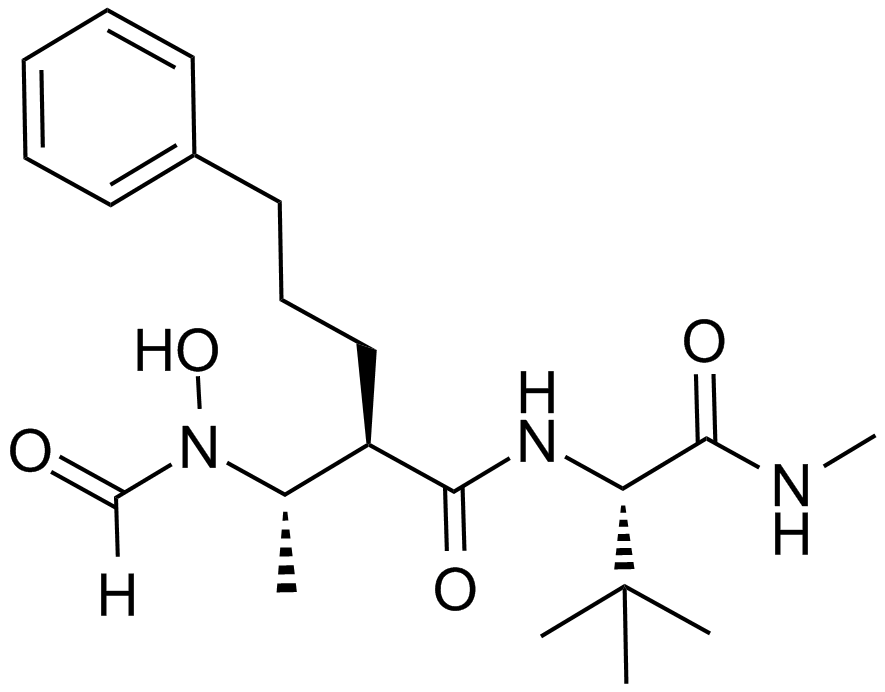 A4436 GI 254023X2 CitationTarget: ADAMsSummary: Selective inhibitor of ADAM10 metalloprotease
A4436 GI 254023X2 CitationTarget: ADAMsSummary: Selective inhibitor of ADAM10 metalloprotease -
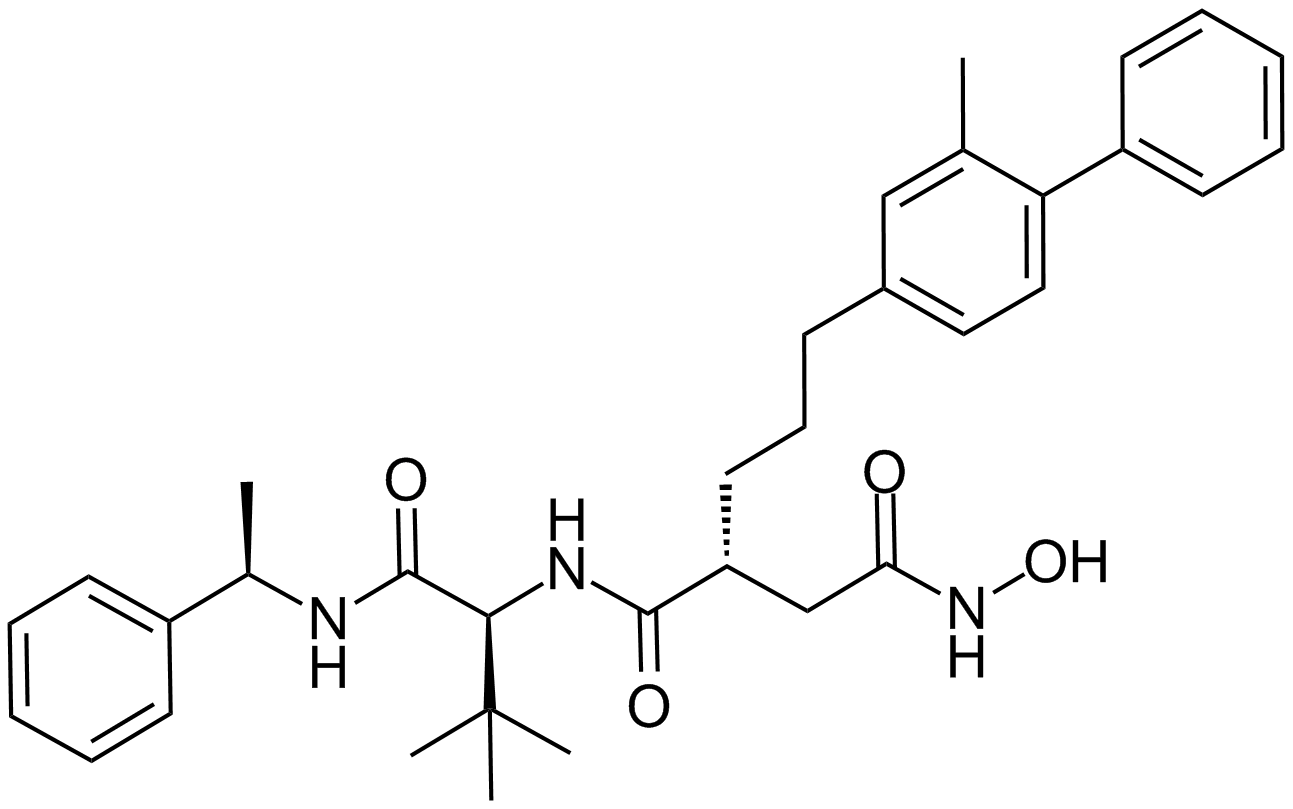 A4440 UK 356618Summary: MMP-3 inhibitor,potent and selective
A4440 UK 356618Summary: MMP-3 inhibitor,potent and selective -
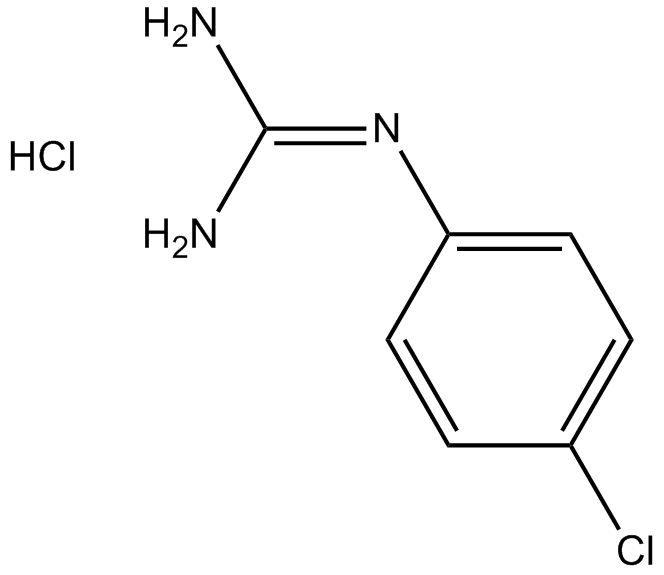 A4445 4-Chlorophenylguanidine hydrochlorideTarget: UrokinasesSummary: Urokinase inhibitor, potent and specific
A4445 4-Chlorophenylguanidine hydrochlorideTarget: UrokinasesSummary: Urokinase inhibitor, potent and specific -
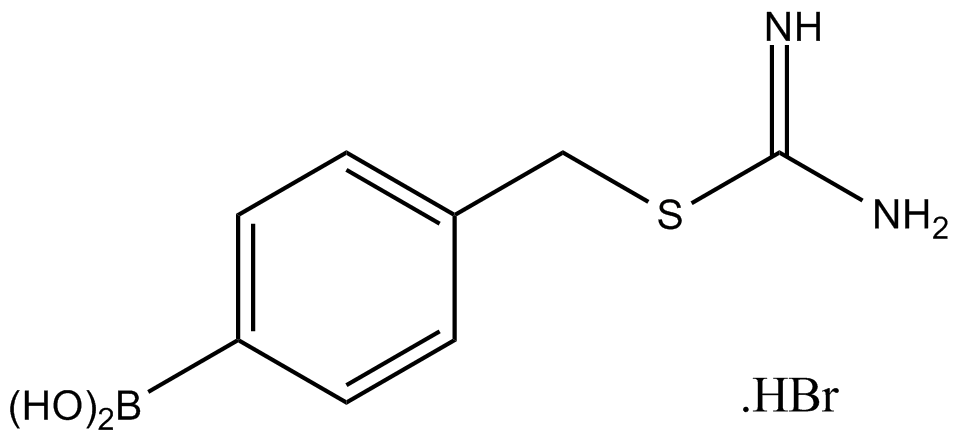 A4444 BC 11 hydrobromideSummary: Selective urokinase inhibitor
A4444 BC 11 hydrobromideSummary: Selective urokinase inhibitor -
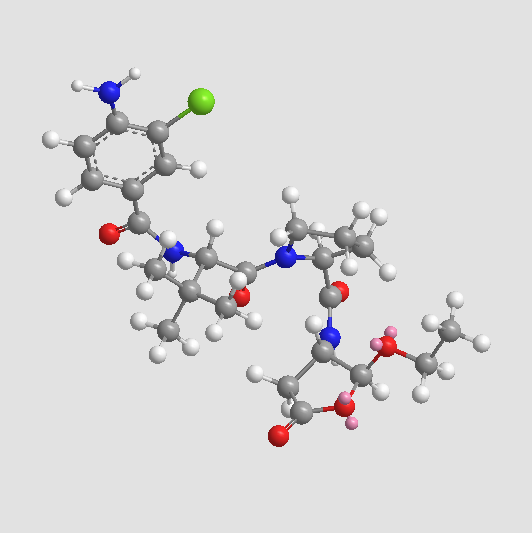 A8238 VX-7651 CitationTarget: CaspasesSummary: Caspase-1 inhibitor,potent and selective
A8238 VX-7651 CitationTarget: CaspasesSummary: Caspase-1 inhibitor,potent and selective -
 A8239 CA-074 Me7 CitationTarget: CathepsinsSummary: Cathepsin B inhibitor
A8239 CA-074 Me7 CitationTarget: CathepsinsSummary: Cathepsin B inhibitor -
 A5066 Heparin sodiumSummary: Antithrombin III activator
A5066 Heparin sodiumSummary: Antithrombin III activator -
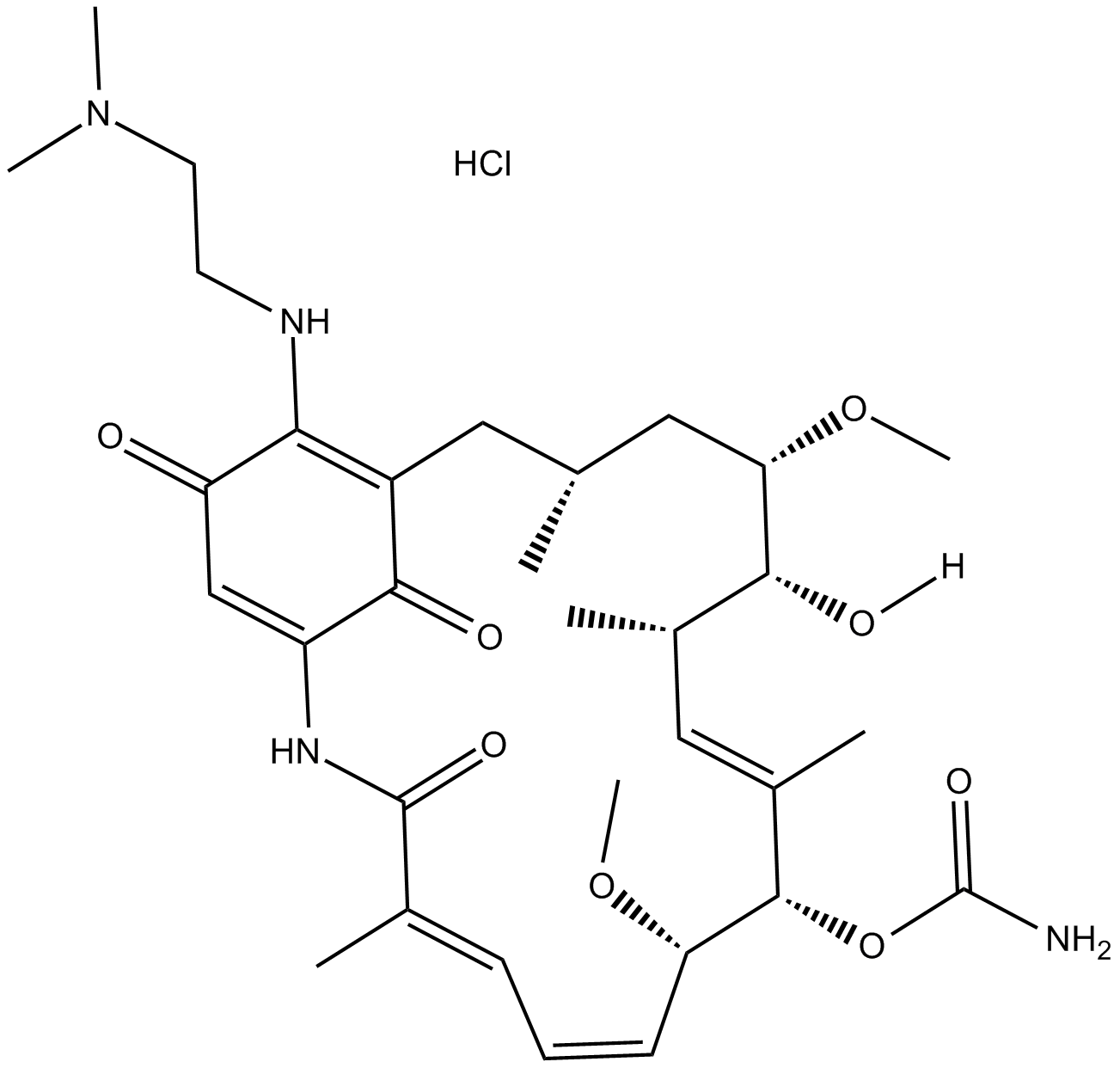 A2213 17-DMAG (Alvespimycin) HCl1 CitationTarget: HSP90Summary: Hsp90 inhibitor
A2213 17-DMAG (Alvespimycin) HCl1 CitationTarget: HSP90Summary: Hsp90 inhibitor

